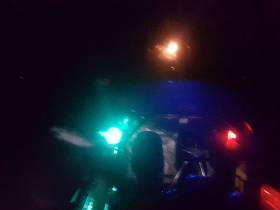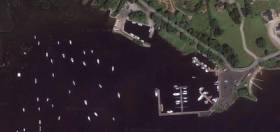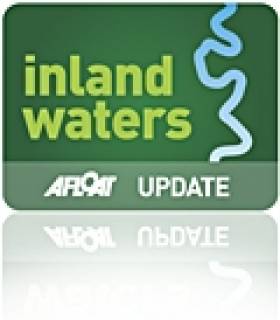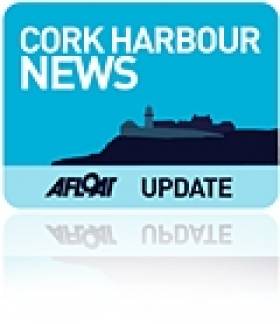Displaying items by tag: Mountshannon
Scariff Bay Yacht Runs Aground Twice In Matter Of Hours
#Rescue - A lone sailor whose yacht ran aground on Scariff Bay over the weekend had difficulties again just hours after his rescue.
As previously reported on Afloat.ie, Lough Derg RNLI launched its lifeboat on Saturday evening (14 April) to assist the 30ft yacht after it had left its mooring at Mountshannon Harbour.
The Killaloe unit of the Irish Coast Guard was also on scene, helping to remove the yacht from a sandy bank and returning it to Mountshannon.
But the evening did not end there, as BreakingNews.ie reports, as the same yacht required coastguard assistance just a few hours later.
It emerged that the sailor was attempting to tie up his vessel at an anchor point in deeper water when it grounded in the shallows once more, and the coastguard was alerted by a concerned onlooker around 11.30pm.
The yacht was once again towed to Mountshannon Harbour and the coastguard unit returned to base at 1.30am.
Lough Derg Floating Moorings at Mountshannon Harbour Reopen
Waterways Ireland say that floating moorings in Mountshannon Harbour on Lough Derg which had been closed to the public due to damage as a result of winter floods have now been reopened.
Breeding White-Tailed Eagles Protected on Lough Derg
Waterways Ireland has been advised that protected White-tailed Eagles are present and breeding on Bushy Island, Lough Derg at Mountshannon, a popular boating spot.
To protect and minimise disturbance to nesting White-tailed Eagles in the area, masters of vessels are requested to observe a voluntary exclusion zone by not encroaching within 250m of the island and to proceed directly in and out of Mounsthannon harbour without stopping near the island, particularly between the months of May and August inclusive.
Masters should note that deliberate disturbance to nesting birds is illegal under the Wildlife Act (1976).

































































